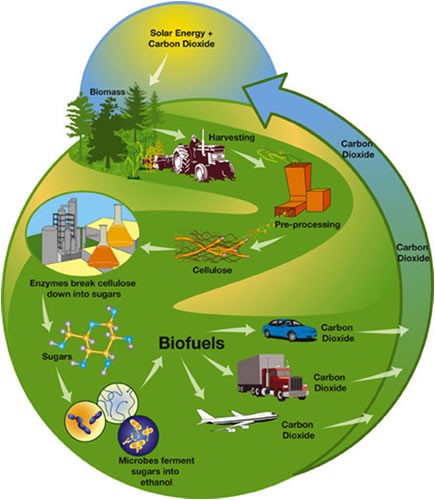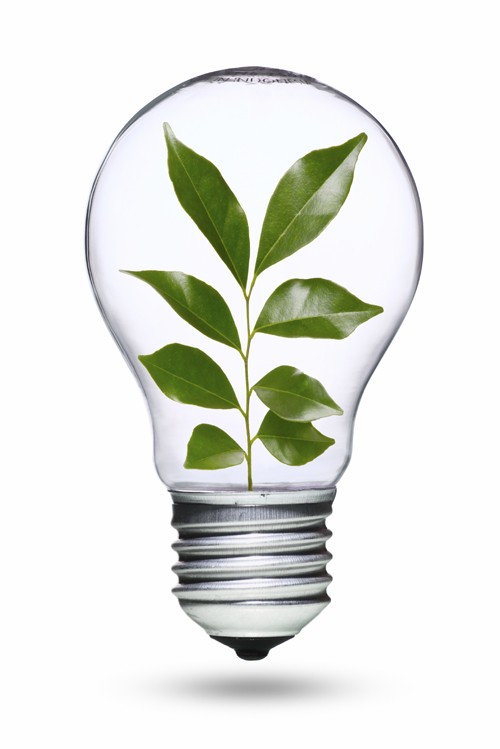Sustainable Energy
Post on: 8 Август, 2015 No Comment

In this video, UNDP’s Administrator, Helen Clark, describes how access to basic energy can transform lives.
Energy is central to sustainable development and poverty reduction efforts. It affects all aspects of development — social, economic, and environmental — including livelihoods, access to water, agricultural productivity, health, population levels, education, and gender-related issues. None of the Millennium Development Goals (MDGs) can be met without major improvement in the quality and quantity of energy services in developing countries.
UNDP’s efforts in energy for sustainable development support the achievement of:
- Universal access to modern energy for the poor

Access to sustainable sources of clean, reliable and affordable energy has a profound impact on multiple aspects of human development; it relates not only to physical infrastructure (e.g. electricity grids), but also to energy affordability, reliability and commercial viability. In practical terms, this means delivering energy services to households and businesses that are in line with consumers’ ability to pay.
Through an integrated development approach, UNDP helps developing countries to expand access to reliable and modern sources of energy in order to reduce poverty and to improve the health of their citizens, while at the same time promoting economic growth and mitigating climate change. Investing in clean, efficient, affordable and reliable energy systems is indispensable for a prosperous, environmentally sustainable future. Ensuring energy security will require diversification of types and sources of energy, with increasing focus on consumer needs, on indigenous energy supplies, energy efficiency and regional interconnections.
UNDP is helping developing countries to achieve these outcomes through the provision of sound policy advice and a focus on three key areas of intervention:
- Strengthening policy and institutional frameworks consistent with low-emission, climate-resilient development. This forms the basis of the strategy employed by UNDP.
- Mobilizing and expanding financing options aimed at achieving market transformation to catalyze public and private finance. This includes creating enabling policy and regulatory frameworks and removing barriers to energy efficiency, renewable energy and sustainable urban transport to better access the market.
- Developing effective approaches for scaling-up energy service delivery, through a combination of field-proven and innovative business models that are financially and institutionally sustainable.
Through the provision of sound policy advice, development and implementation of programmes, UNDP has promoted a wide range of clean energy technologies and has worked across a range of scales, from individual households and villages up to national, regional, and global levels. Programme funding includes UNDP regular resources, the Global Environment Facility (GEF), GEF Small Grants Programme, Governments, private sector and civil society partners. Through its portfolio of energy and climate mitigation projects funded by the Global Environment Facility (GEF), UNDP is assisting countries to remove barriers to energy efficiency, renewable energy and sustainable transport and improve access, quality, security and affordability of clean energy around the globe.














